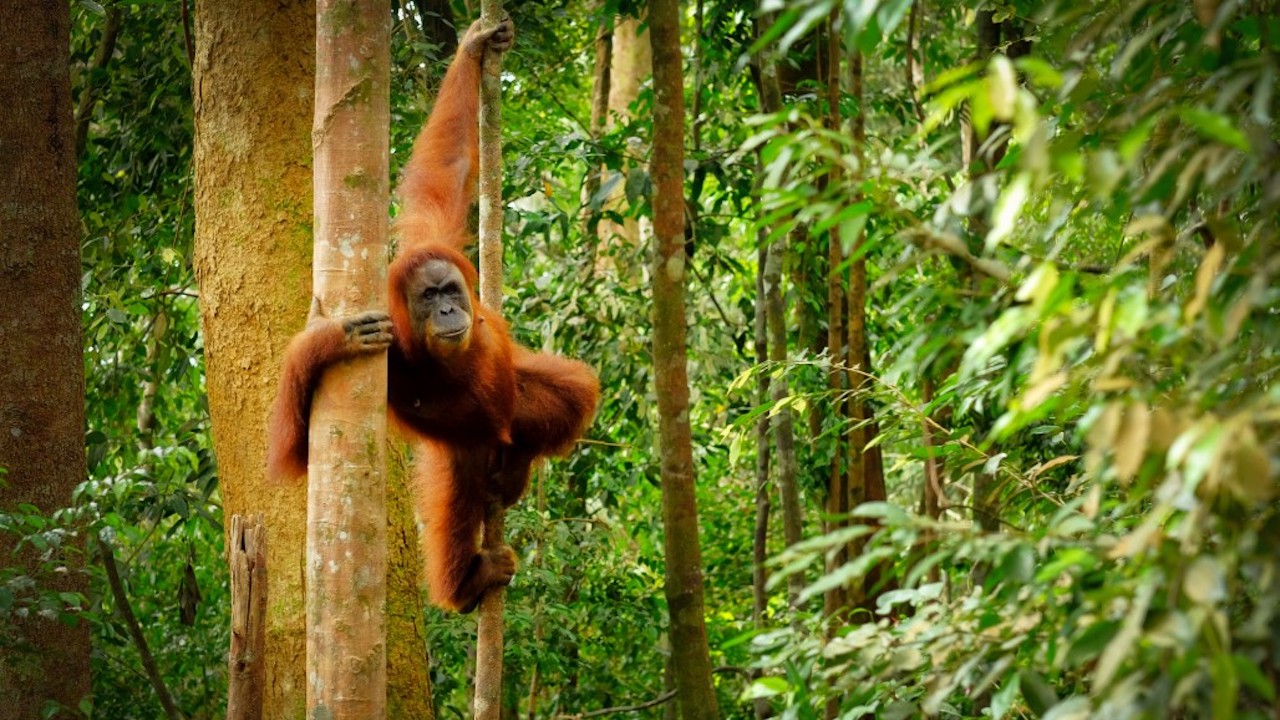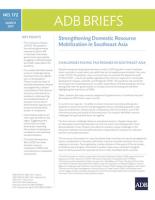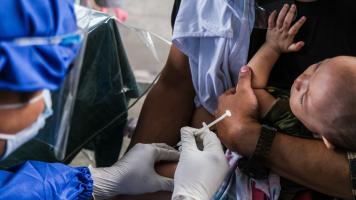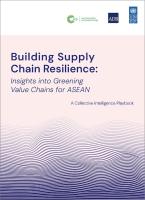Alam Sehat Lestari: Linking Conservation and Human Health to Preserve Borneo’s Rainforests

Over the years, forest conversion and degradation have made the rainforests in Borneo a top priority for conservation. Photo credit: iStock/Rita Enes.
An Indonesian nonprofit provides affordable healthcare and alternative livelihoods in West Kalimantan to encourage local communities to protect and preserve climate-critical forests.
In West Kalimantan in Indonesian Borneo, Alam Sehat Lestari Foundation (ASRI) works with local communities to co-design sustainable solutions that preserve climate-critical rainforests. Conservation interventions are linked with affordable healthcare and alternative livelihoods (i.e., organic farming, goat farming) to encourage people to protect and preserve nature. The local nonprofit also conducts planetary health education programs, including after-school programs and camps for young people.
ASRI is one of 13 nonprofits that will receive a grant from the Asian Venture Philanthropy Network (AVPN), Asia's largest network of social investors. The grantees of the Asia–Pacific Sustainability Seed Fund were announced at the Asian Development Bank's (ADB) Southeast Asia Development Symposium (SEADS) 2023 in Bali last March.
Supported by Google.org, the philanthropic arm of Google, and ADB, the fund was set up to scale up the most innovative tech-driven solutions to combat climate change and drive sustainability in the region. Asia and the Pacific, especially its low-lying and small island countries, is extremely vulnerable to the disastrous impacts of climate change, such as extreme precipitation events, heat waves, rising sea levels, and loss of biodiversity.
Together with international nonprofit Health in Harmony, ASRI will develop the Rainforest Exchange (RX) platform to provide more accurate and accessible information on forest and carbon loss, which are critical in the fight against deforestation.
Protecting the lungs of the earth
Rainforests and other equatorial forests serve as the “lungs of the earth,” drawing in carbon dioxide from the atmosphere and breathing out oxygen. Over the years, forest conversion and degradation have made the rainforests in Borneo a top priority for conservation. The World Wide Fund for Nature (WWF) lists the island as among the hotspots with the fastest deforestation rates in the world. The warming of the planet has also made the area vulnerable to forest fires.
ASRI started working with communities around the Gunung Palung National Park in West Kalimantan in 2007, recognizing that local people are critical actors in and beneficiaries of conservation. Listening to the needs of the people, it came up with a scheme that improved their access to affordable and quality health care. ASRI offers tiered healthcare discounts (from 30% to 70%) to villages that decrease illegal logging activities. It dispatches a mobile clinic to reach remote areas. Patients who are short in cash may pay in kind: seedlings that will be used in reforestation programs.
This article was first published by BIMP-EAGA on 26 May 2023.

BIMP-EAGA
The Brunei Darussalam–Indonesia–Malaysia–Philippines East ASEAN Growth Area, or BIMP-EAGA, is a cooperation initiative established in 1994 to spur development in remote and less developed areas in the four participating Southeast Asian countries.


